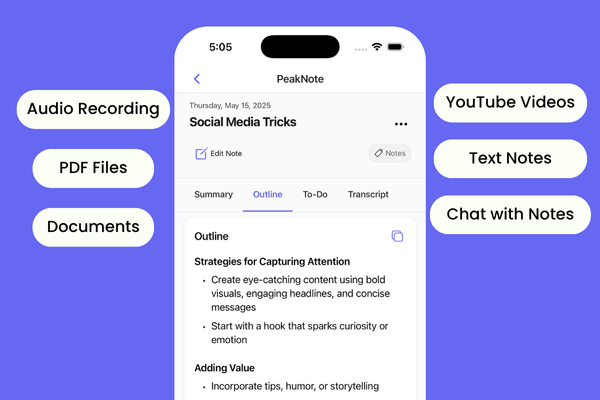1. Next.js

Next.js is mainly for building the visual parts of websites using React, but it also allows for server-side work, like managing data, through API routes.
This means you can handle both front-end and back-end tasks in one Next.js project, making it a versatile tool for developing complete websites efficiently.

A framework based on Vue.js for building universal Vue.js applications. It's similar to Next.js but for Vue.js and supports server-side rendering, static site generation, and single-page applications.
3. Meteor.js

Meteor is a robust platform offering full-stack development capabilities straight away, enabling the creation of applications that can update in real-time without any extra setup. It's versatile, allowing the use of MongoDB or various other databases through the use of adapters.
This makes Meteor an ideal choice for developers looking to build interactive, data-driven web applications efficiently.
4. Astro.js

Astro is a modern front-end framework that enhances website performance by using static HTML and minimal JavaScript. It supports UI frameworks like React, Vue, and Svelte, enabling efficient, fast web development.
5. Remix.js

Remix is a full-stack web framework that emphasizes web fundamentals, offering fast page loads, optimized data fetching, and seamless transitions without sacrificing developer experience or performance.
6. SvelteKit.js

Sapper, built on Svelte, and its successor SvelteKit, are framework for creating fast, universal web applications. SvelteKit enhances Sapper by offering a smoother experience for full-stack development, integrating both front-end and back-end tasks seamlessly.
These tools are designed for developers aiming to build high-quality, performant web applications with less hassle.

